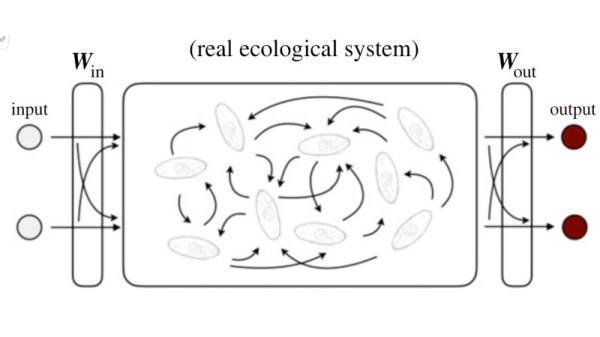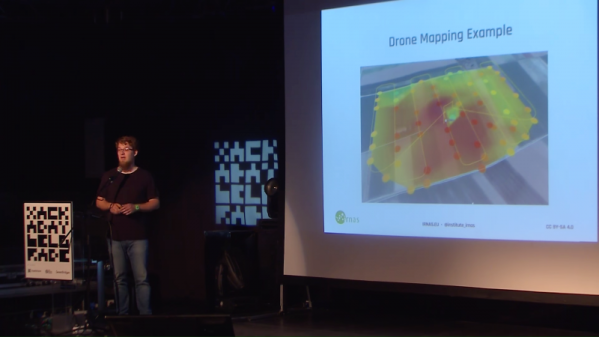To the extent that one has strong feelings about insects, they tend toward the extremes of a spectrum that runs from a complete fascination with their diversity and the specializations they’ve evolved to exploit unique and ultra-narrow ecological niches, and “Eww, ick! Kill it!” It’s pretty clear that [Dr. Andy Quitmeyer] and his team tend toward the former, and while they love their bugs, spending all night watching them is a tough enough gig that they came up with Mothbox, the automated insect monitor.
Insect censuses are valuable tools for assessing the state of an ecosystem, especially insects’ vast numbers, short lifespan, and proximity to the base of the food chain. Mothbox is designed to be deployed in insect-rich environments and automatically recognize and tally the moths it sees. It uses an Arducam and Raspberry Pi for image capture, plus an array of UV and visible LEDs, all in a weatherproof enclosure. The moths are attracted to the light and fly between the camera and a plain white background, where an image is captured. YOLO v8 locates all the moths in the image, crops them out, and sends them to BioCLIP, a vision model for organismal biology that appears similar to something we’ve seen before. The model automatically sorts the moths by taxonomic features and keeps a running tally of which species it sees.
Mothbox is open source and the site has a ton of build information if you’re keen to start bug hunting, plus plenty of pictures of actual deployments, which should serve as nightmare fuel to the insectophobes out there.













